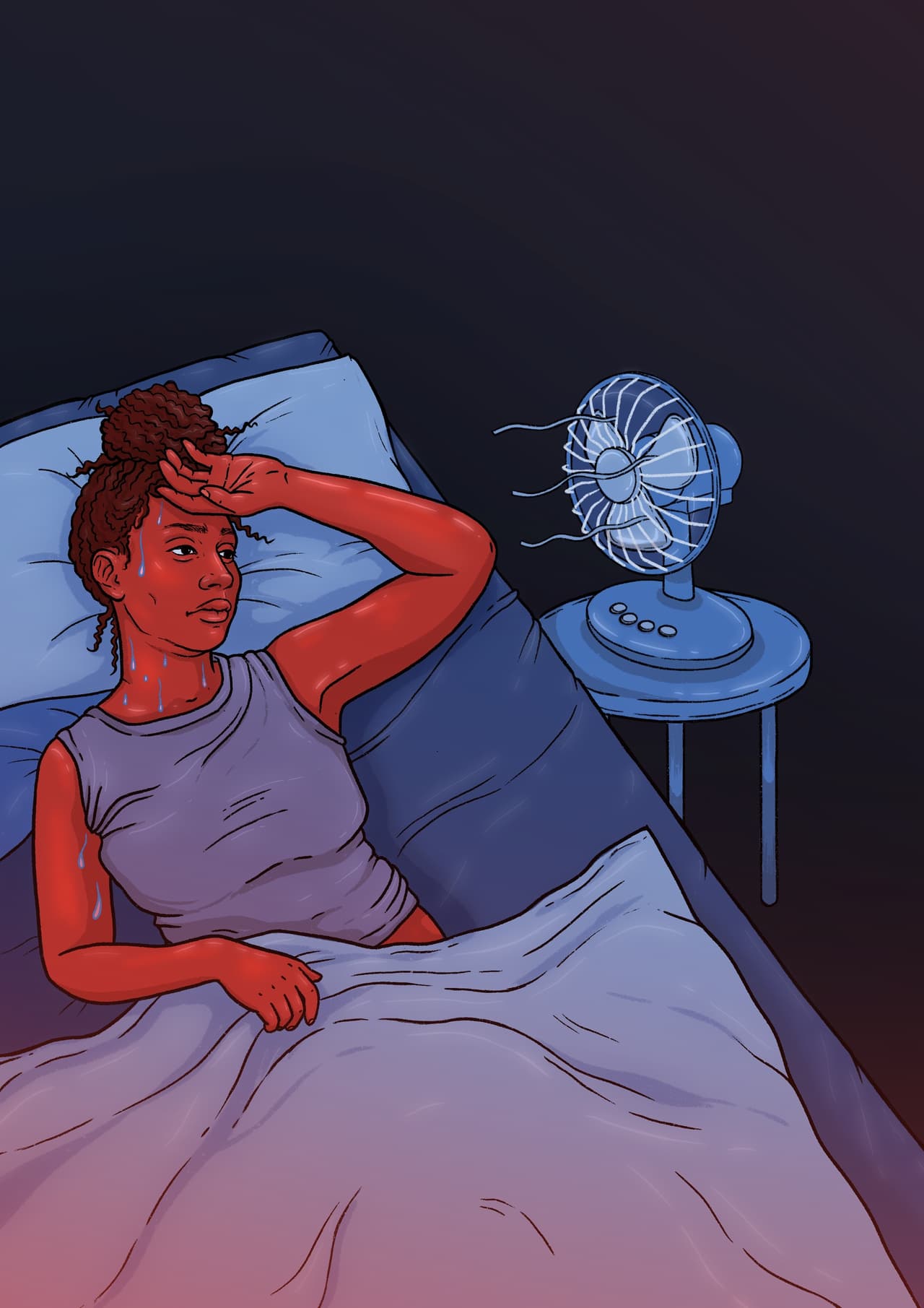
Does your home get too hot? Take part and find out
Did you know the stress that high heat can cause on your body, especially for a few days in a row, can be dangerous? And that Southwark was one of the hottest areas in England during 2021?
This summer, a team of journalists and scientists are working on a community-based project that will show how hot people’s houses really get during a heatwave - and what this means for people’s health. We’re looking for people to take part. So if you found the heat in your home tough last year, read on.
Am I eligible? Enter your postcode here to find out
Hot Homes will shed light on the issue of heat inequality in the UK and especially how it affects people in certain types of housing and with health issues such as diabetes, respiratory and cardiac conditions, Alzheimer’s and dementia.
The project in a nutshell
We are working with people in Southwark, in inner London, to place monitors in households during the summer, which will measure heat, humidity and air pollution.
We will also work with participants, especially during heatwave periods, to share their experiences, encouraging them to journal, take photos and take part in interviews.
By combining the data from the monitors with people’s personal reflections, we will highlight what it’s like for the people most affected and show just how bad heat inequality is. This has never been done in the UK before and we hope it will spark change that can benefit everyone.
Key questions:
What if I have a question that isn’t covered?
We are happy to answer any other questions, just email [email protected].
Illustration: Nadia Akingbule for TBIJ




